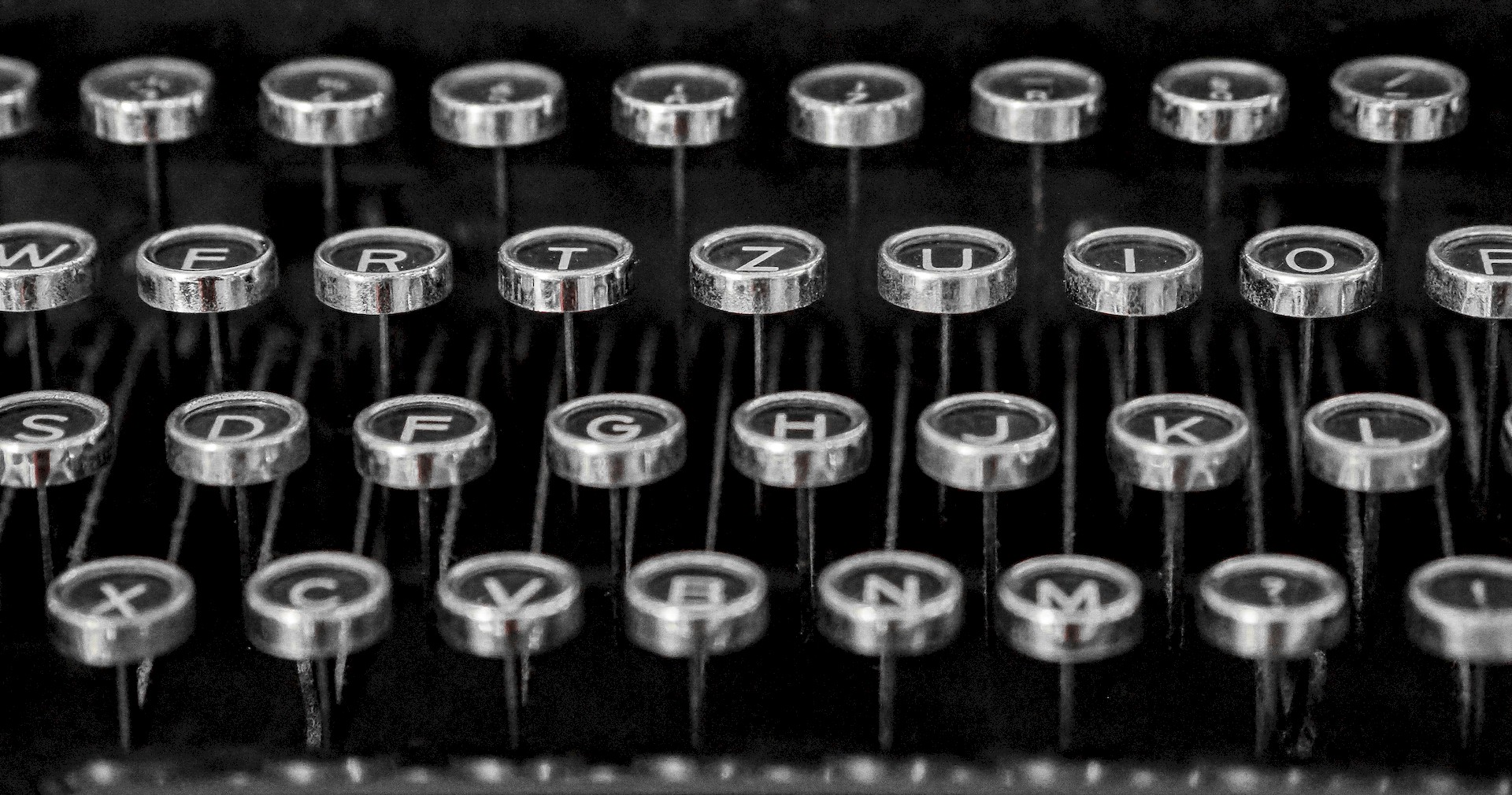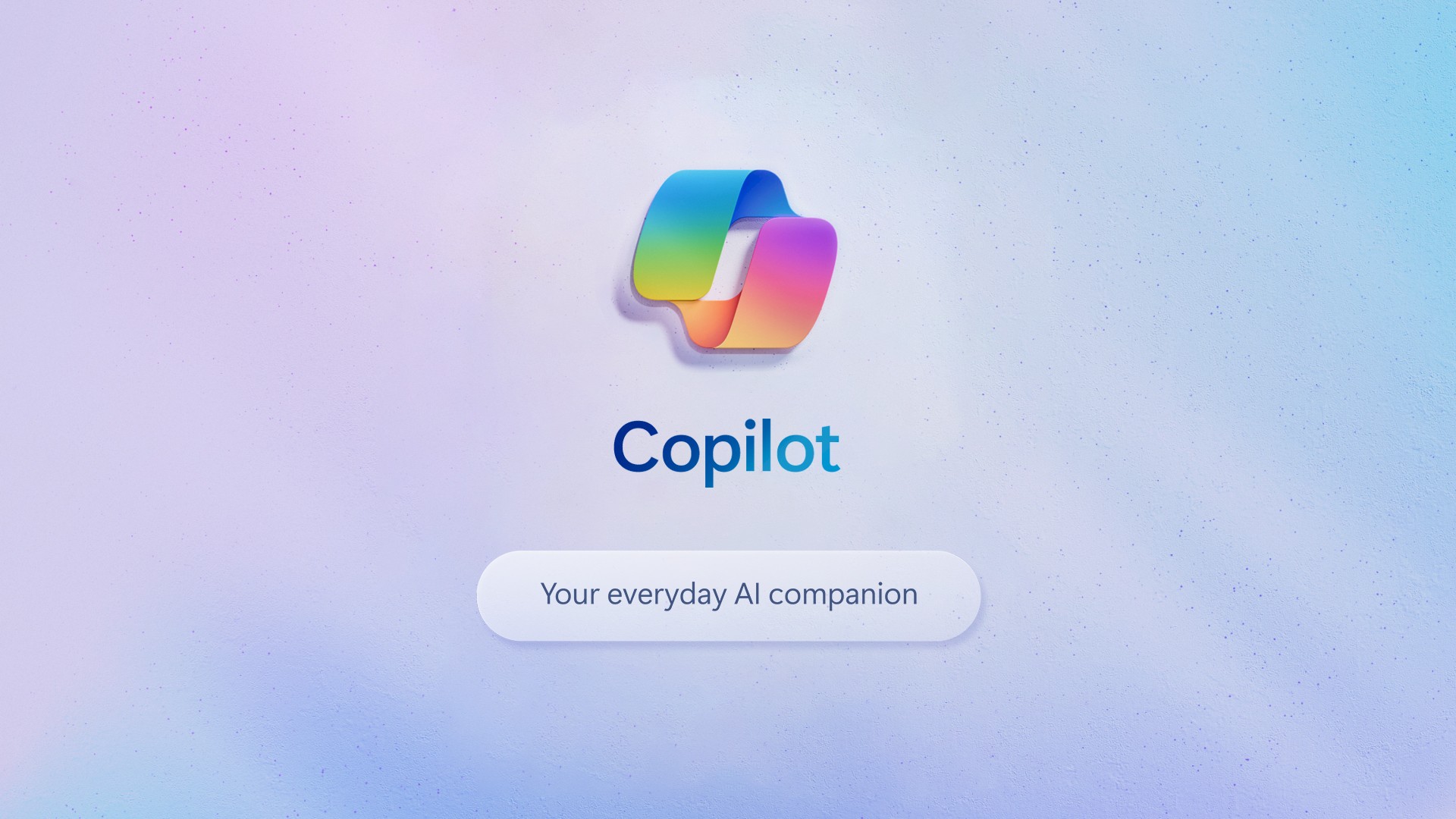NYT sues OpenAI and Microsoft. The New York Times has launched a groundbreaking legal battle against OpenAI and Microsoft. The venerable media institution alleges that its copyrighted articles, numbering in the millions, have been harnessed without permission to train...
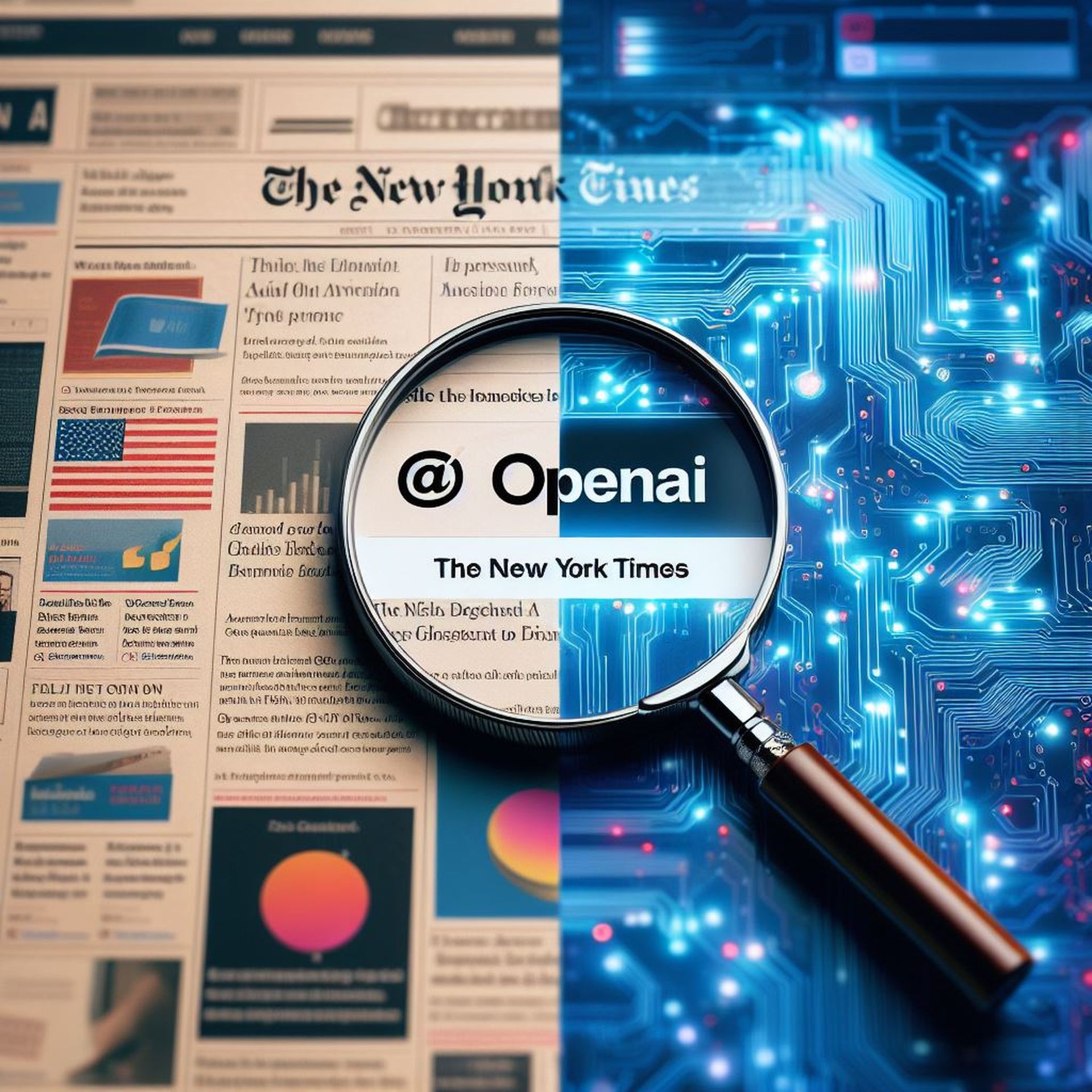
NYT sues OpenAI and Microsoft. The New York Times has launched a groundbreaking legal battle against OpenAI and Microsoft. The venerable media institution alleges that its copyrighted articles, numbering in the millions, have been harnessed without permission to train AI models, including the widely acclaimed ChatGPT. This clash, unfolding in the Federal District Court in Manhattan, not only exposes the intricacies of copyright infringement but also underscores the high-stakes competition between traditional media giants and the relentless march of AI innovation.
As The New York Times seeks “billions of dollars” in damages, we delve into the heart of this legal maelstrom, exploring the alleged impact on subscription revenue, the failed attempts at negotiation, and the broader implications this showdown holds for both the media and AI landscapes. Welcome to a collision between the ink-stained past and the algorithmic future.
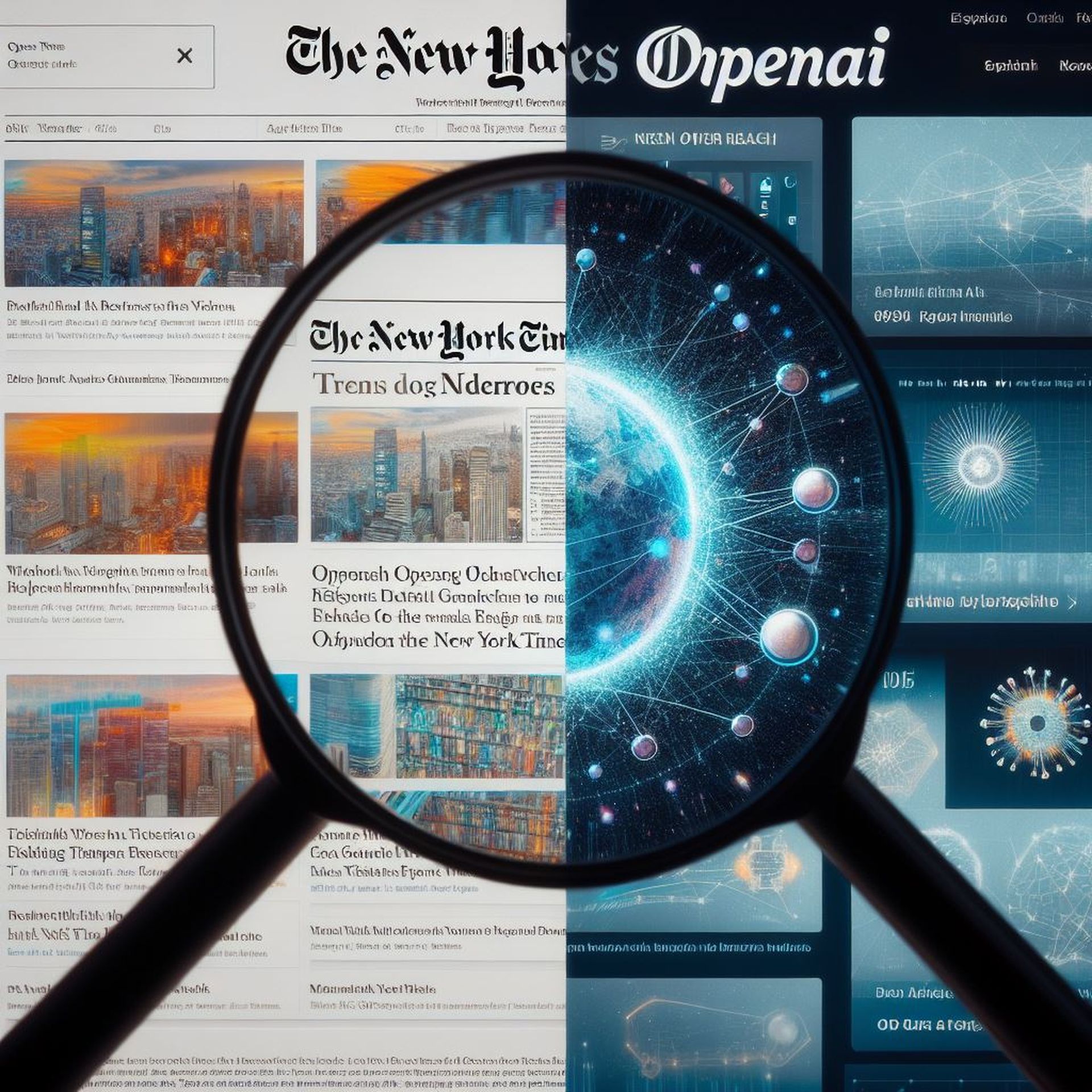 The media landscape is ablaze as the NYT sues OpenAI, claiming copyright infringement
The media landscape is ablaze as the NYT sues OpenAI, claiming copyright infringement
NYT sues OpenAI and Microsoft: Learn why
The New York Times (NYT) has taken legal action against OpenAI and Microsoft, alleging copyright infringement and claiming that these tech giants have unlawfully used their content to train AI models, such as OpenAI’s ChatGPT. The lawsuit, filed in the Federal District Court in Manhattan, brings attention to several key points that led to this legal dispute. Here is everything you need to know about it:
Alleged copyright violation: The crux of the matter revolves around the claim that “millions” of copyrighted articles from The New York Times were used without authorization to train OpenAI’s AI technologies. The NYT asserts that this unauthorized usage has given rise to AI-powered products that directly compete with the newspaper as a content provider. Impact on subscription revenue: The lawsuit argues that OpenAI’s ChatGPT reportedly provides responses directly extracted from New York Times articles. Crucially, these responses lack links to the original NYT articles and would typically require a subscription to access. The absence of proper attribution and links allegedly discourages potential customers from subscribing to The New York Times, resulting in a loss of subscription revenue. Failed negotiations: The legal action follows unsuccessful attempts by The New York Times to resolve the issue amicably through negotiations with OpenAI and Microsoft. The lawsuit states that the media outlet approached the companies in the spring, seeking a resolution to the copyright concerns. However, the parties failed to reach an agreement, prompting The New York Times to pursue legal recourse. Seeking billions in damages: The New York Times is seeking “billions of dollars in statutory and actual damages” from OpenAI and Microsoft. This reflects the magnitude of the alleged copyright infringement and the financial impact the media giant believes it has suffered due to the unauthorized use of its content.The lawsuit has broader implications for both the media and AI industries. The court’s decisions in this high-profile case may set a precedent for future copyright claims and legal battles between media organizations and AI companies. The outcome could influence how AI firms source and use content for training their models, potentially reshaping industry practices.
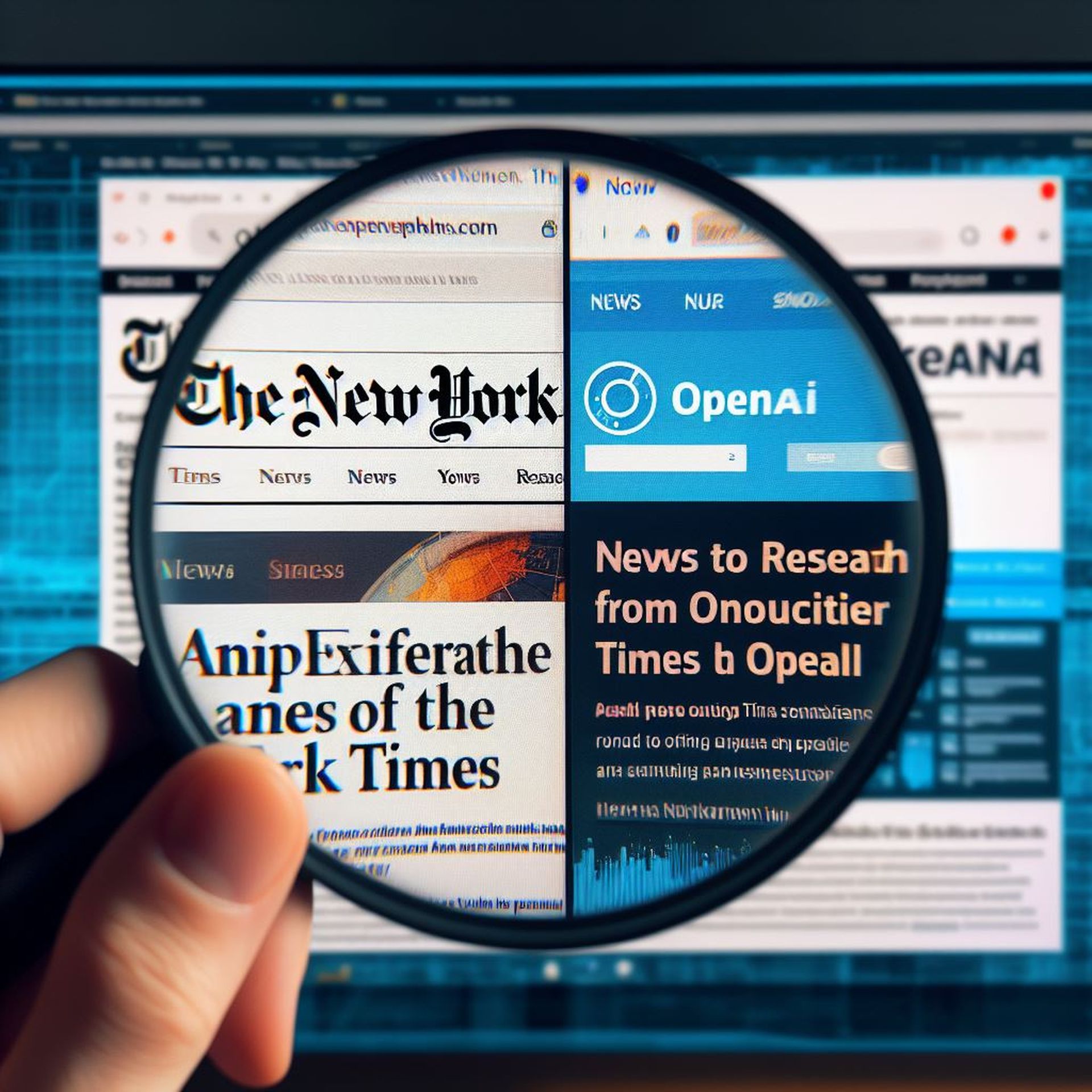 In a legal showdown, the NYT sues OpenAI over the alleged unauthorized use of millions of articles.
In a legal showdown, the NYT sues OpenAI over the alleged unauthorized use of millions of articles.
OpenAI, in response to the legal action, expressed surprise and disappointment. The company emphasized its commitment to respecting the rights of content creators and highlighted ongoing constructive conversations with The New York Times. OpenAI expressed hope for finding a mutually beneficial resolution, pointing to similar partnerships with other publishers, such as the one with German media company Axel Springer.
The New York Times’ lawsuit against OpenAI and Microsoft revolves around the alleged unauthorized use of its copyrighted content for training AI models, leading to direct competition and financial losses. The legal battle has significant implications for the evolving relationship between media organizations and AI companies, touching on issues of copyright, attribution, and the impact of AI on traditional revenue streams.
The courtroom drama unfolds as the NYT sues OpenAI, pushing the boundaries of AI innovation and content ownership.





